“Fun” and “dentist” are words not commonly spoken in the same sentence. But startups in the oral hygiene industry are shifting the culture surrounding cleaning teeth. From trendy, connected tools to Instagrammable clinics to more accessible insurance models, these innovations are wooing a young generation of consumers who are typically wary of the dentist’s chair.
Oral health is getting a trendy makeover thanks to a new wave of innovators prioritizing accessibility.
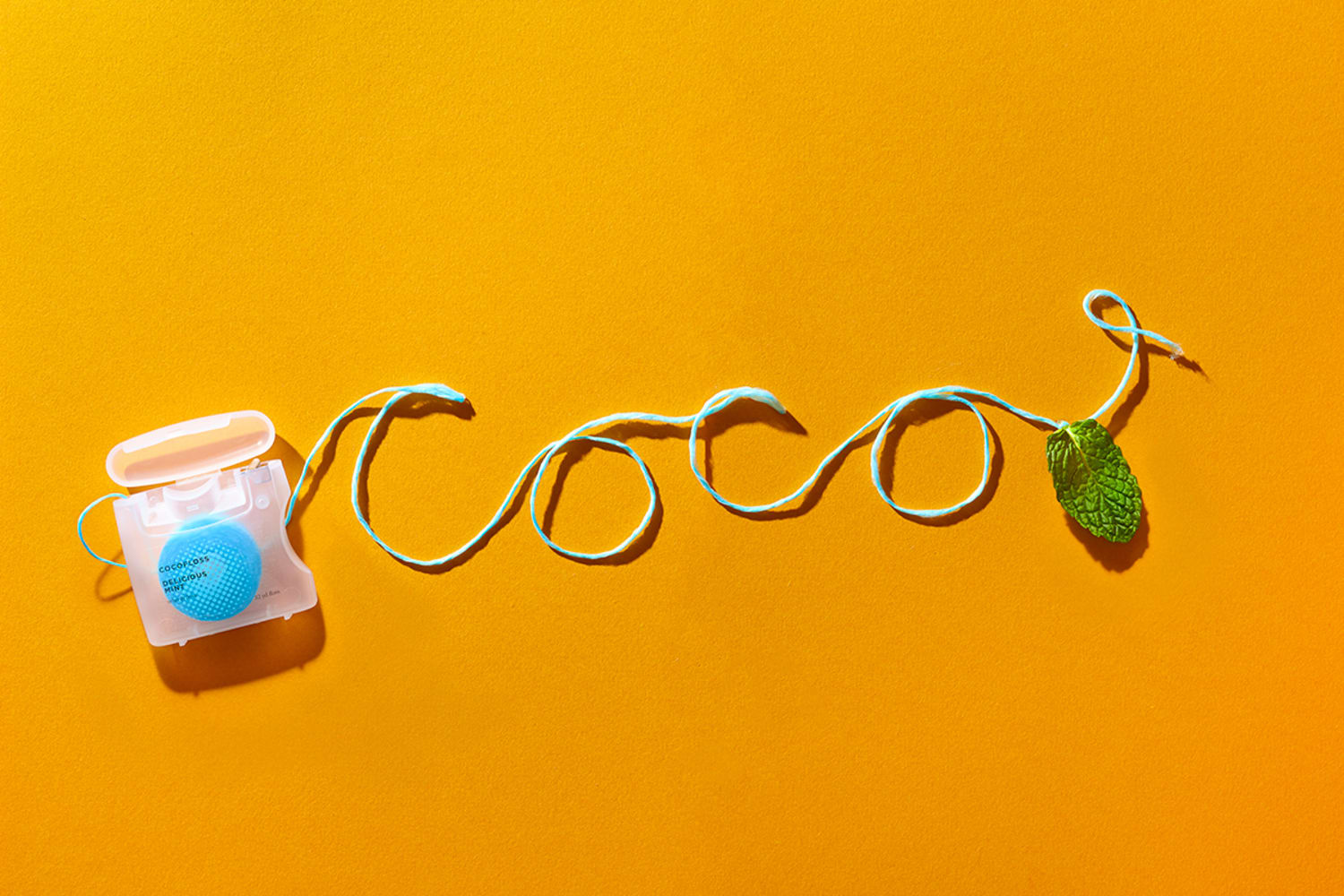
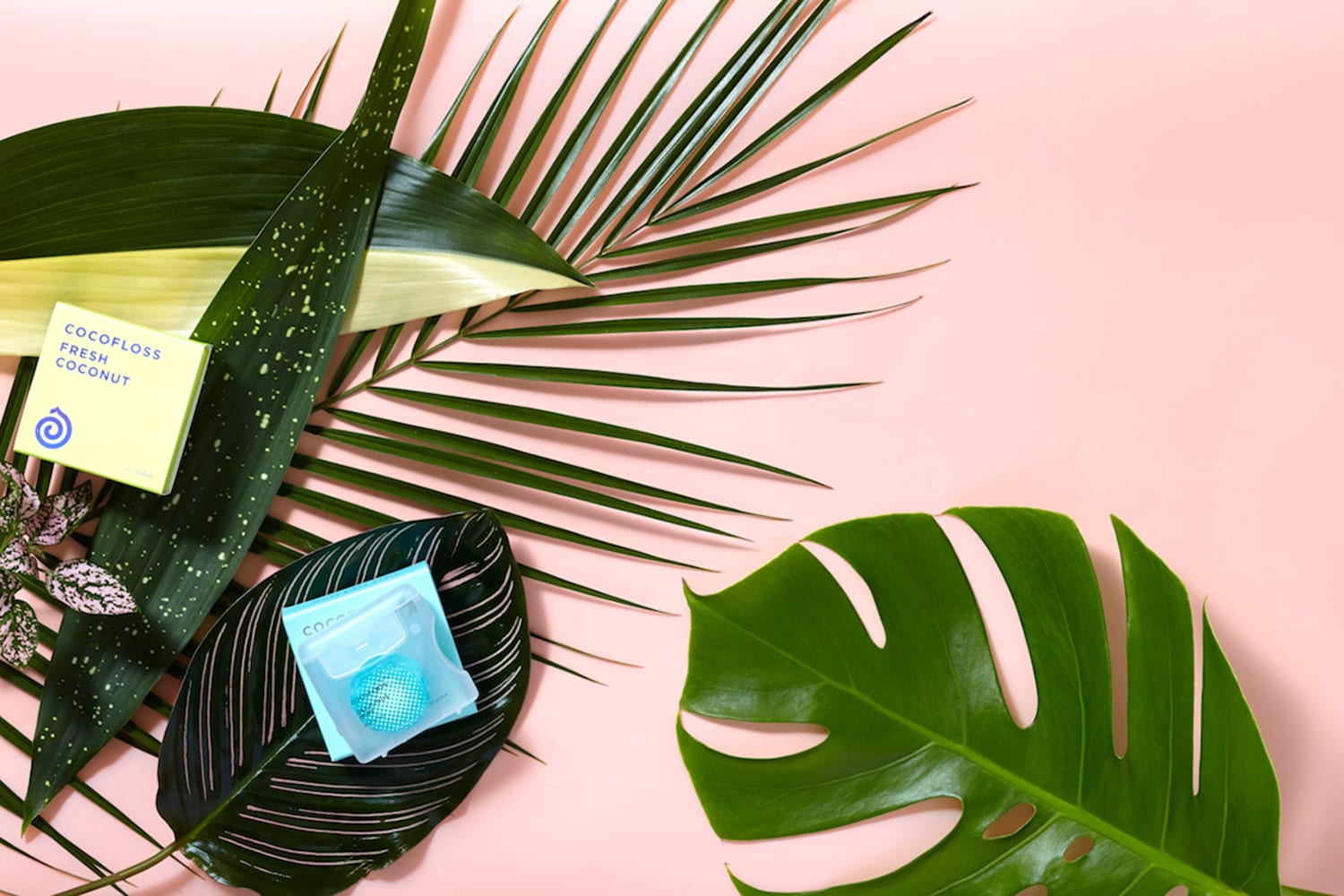
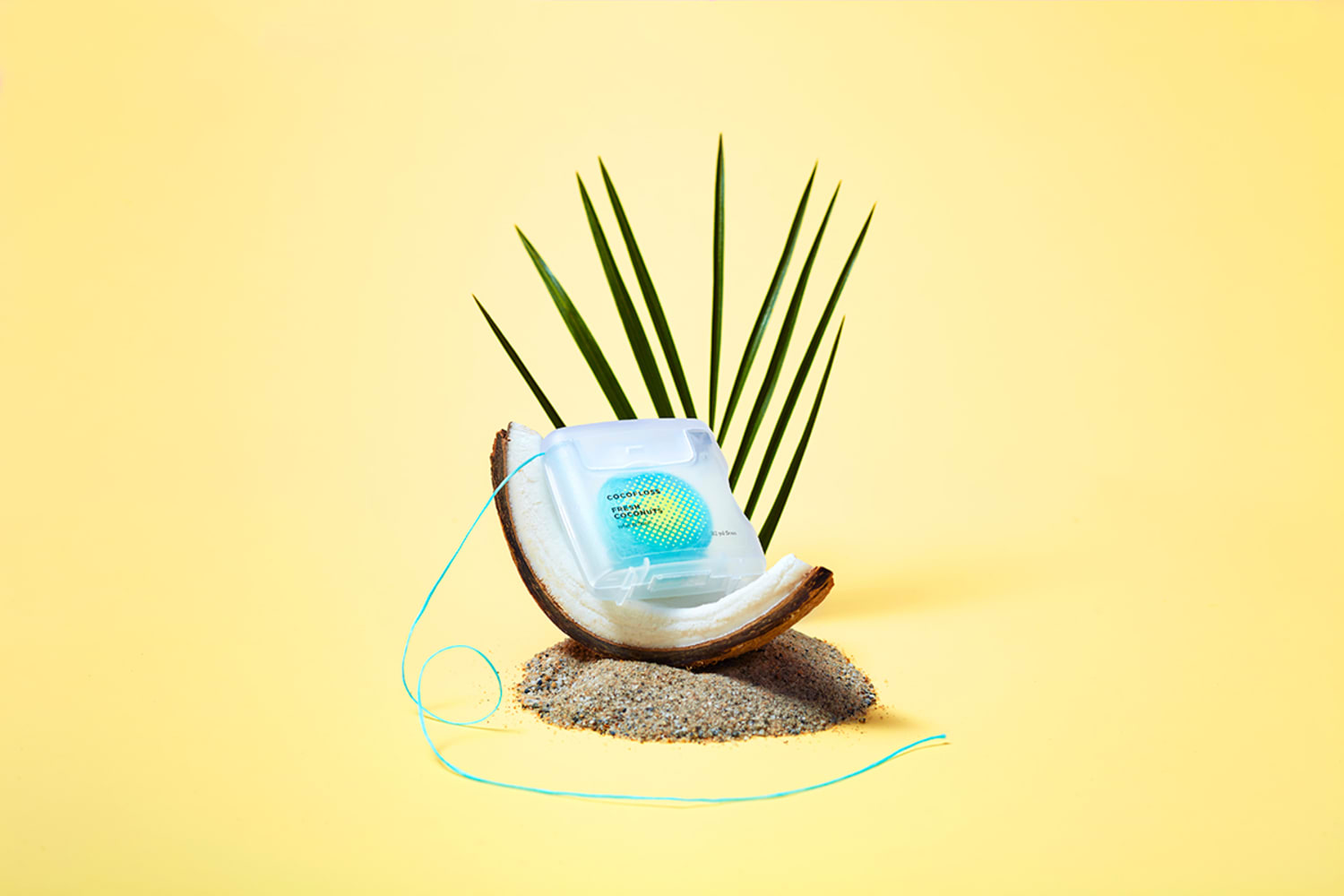
The rising spending power of American millennials is driving change in the industry, according to Euromonitor’s 2018 Oral Care in the US report. But this group of 18-35-year-olds is also surprisingly poor at following the teeth-cleaning routines recommended by the American Dental Association (ADA). A study released earlier this year by oralcare startup Hello Products revealed that three in 10 millennials brush their teeth just once a day, while an American Dental Association factsheet from 2015 found that approximately the same proportion of this market have painful problems such as untreated tooth decay. The same Hello Products survey of 2,000 Americans showed that millennials were more afraid of going to the dentist than consumers in other age groups.
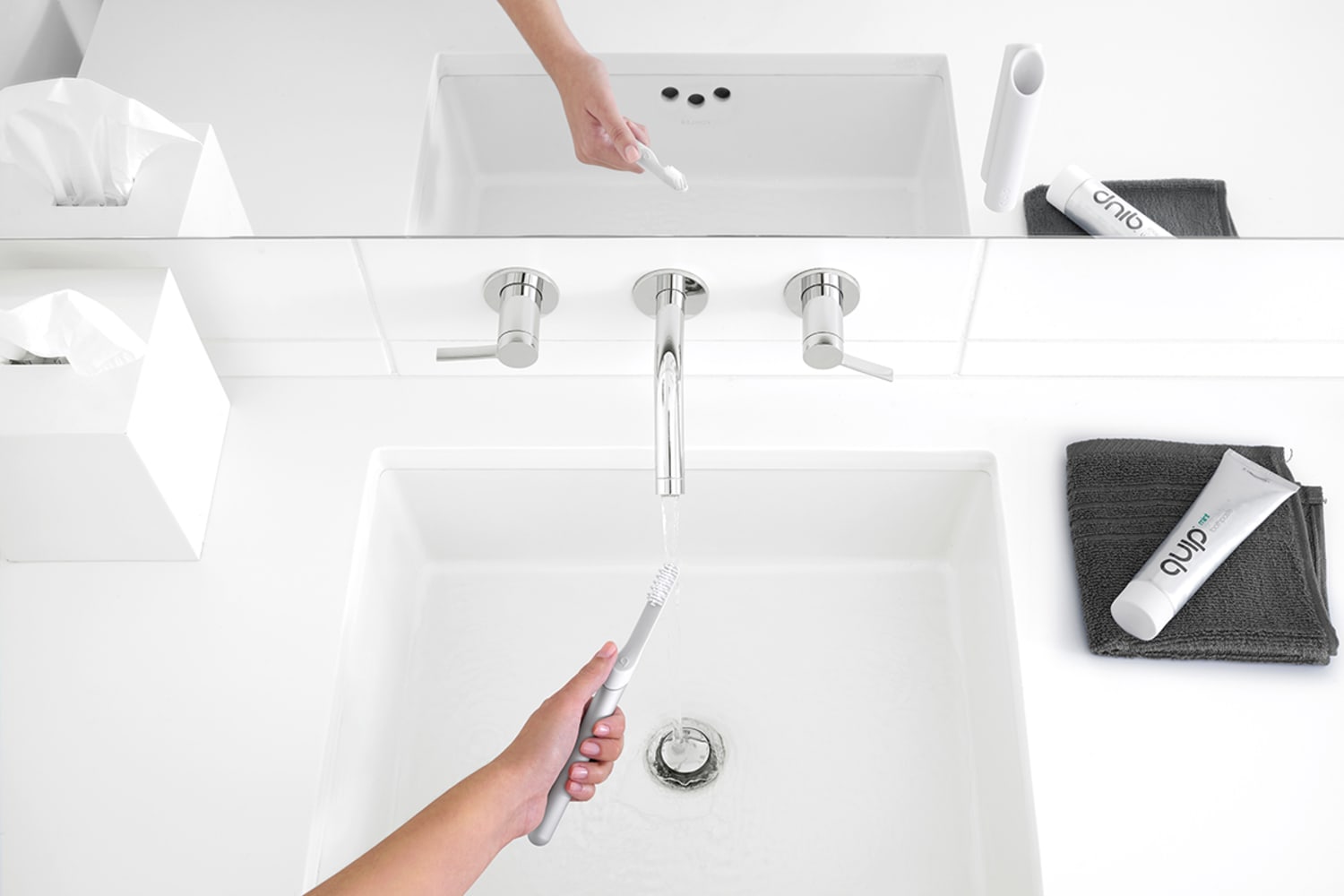
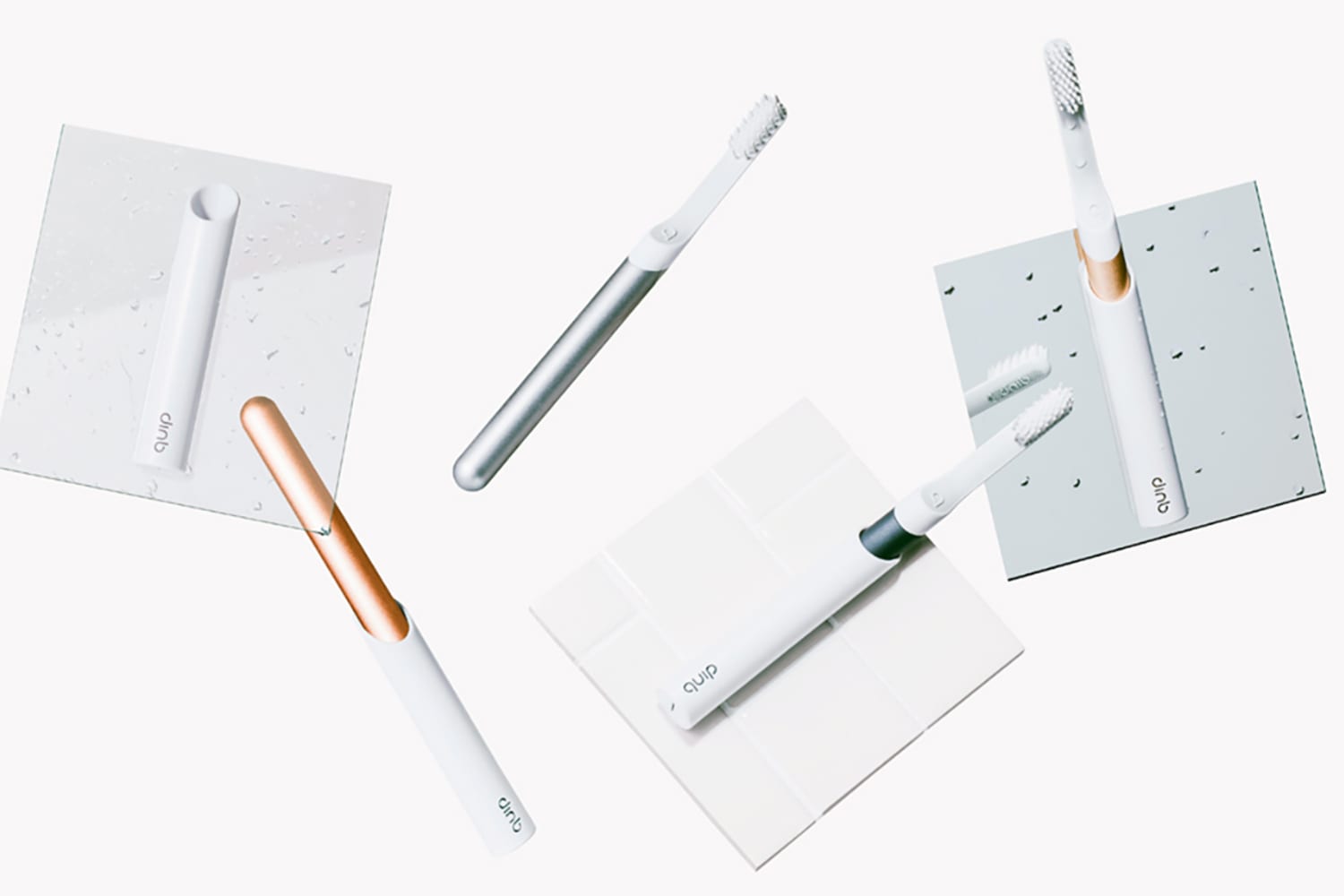
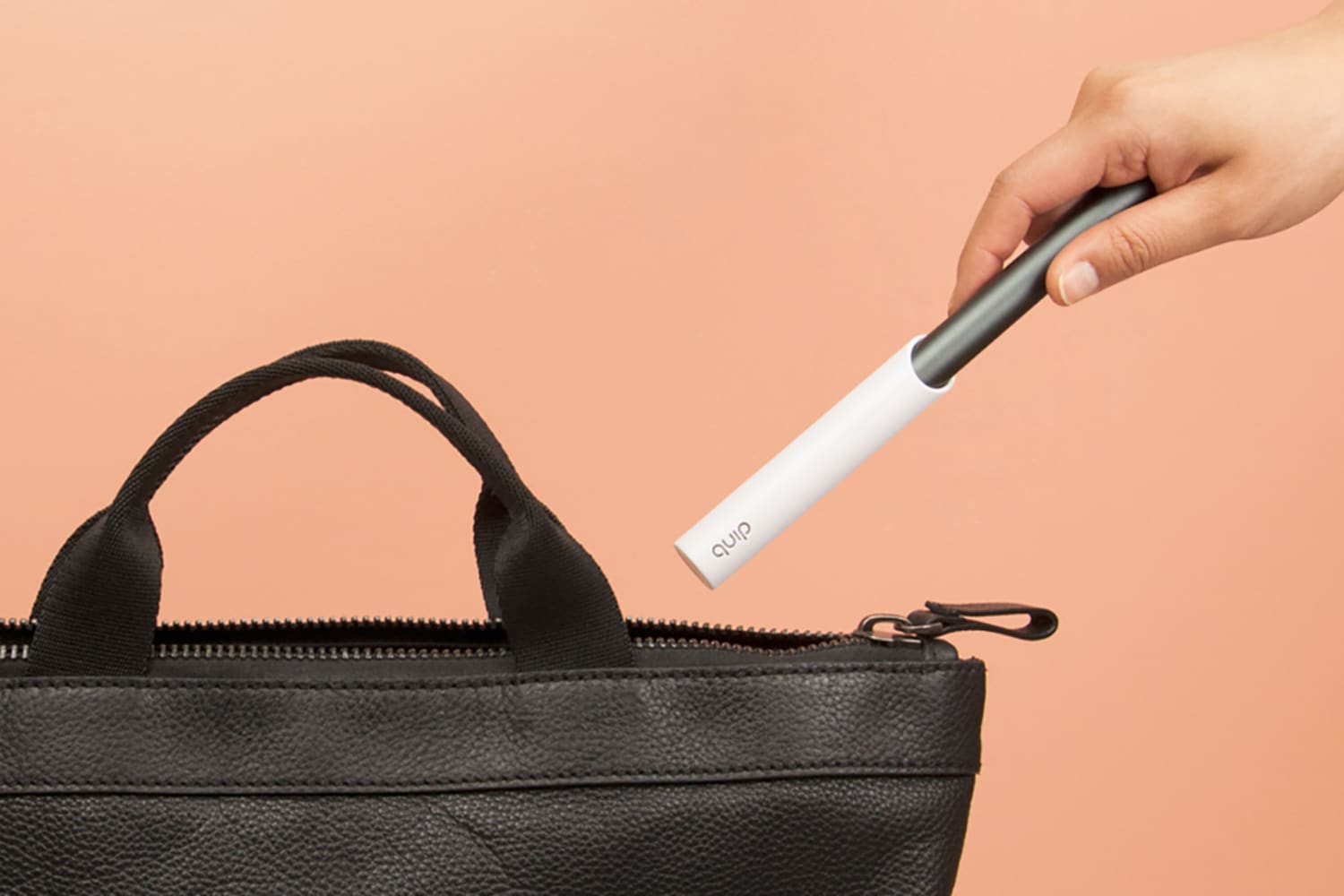
Entrepreneurs in the space have been attempting to amend this situation for the past few years, bringing to market arguably more desirable above-the-sink products such as Cocofloss’s coconut-flavored, fashionably packaged dental floss and what Racked describes as a “goddamn sexy toothbrush” made by Quip. In recent months, subscription electric toothbrush brands such as Quip have been expanding into dental insurance, joining brands like Beam Dental in an effort to make dentistry more attainable—the ADA says that, for all income levels and age groups, cost is the biggest deterrent stopping consumers going to the dentist.
Last week, Beam Dental, which makes connected toothbrushes and offers insurance plans for small and medium-sized companies, raised $22 million in funding. Quip also expanded into more comprehensive care with its acquisition of Afora, a dental insurance startup that positions itself as an alternative to traditional plans. In another approach, natural oralcare company Boka is teaming up with Floss Bar, a company that combines mobile dentistry with efficient use of equipment to cut costs and provide greater flexibility to the patient.
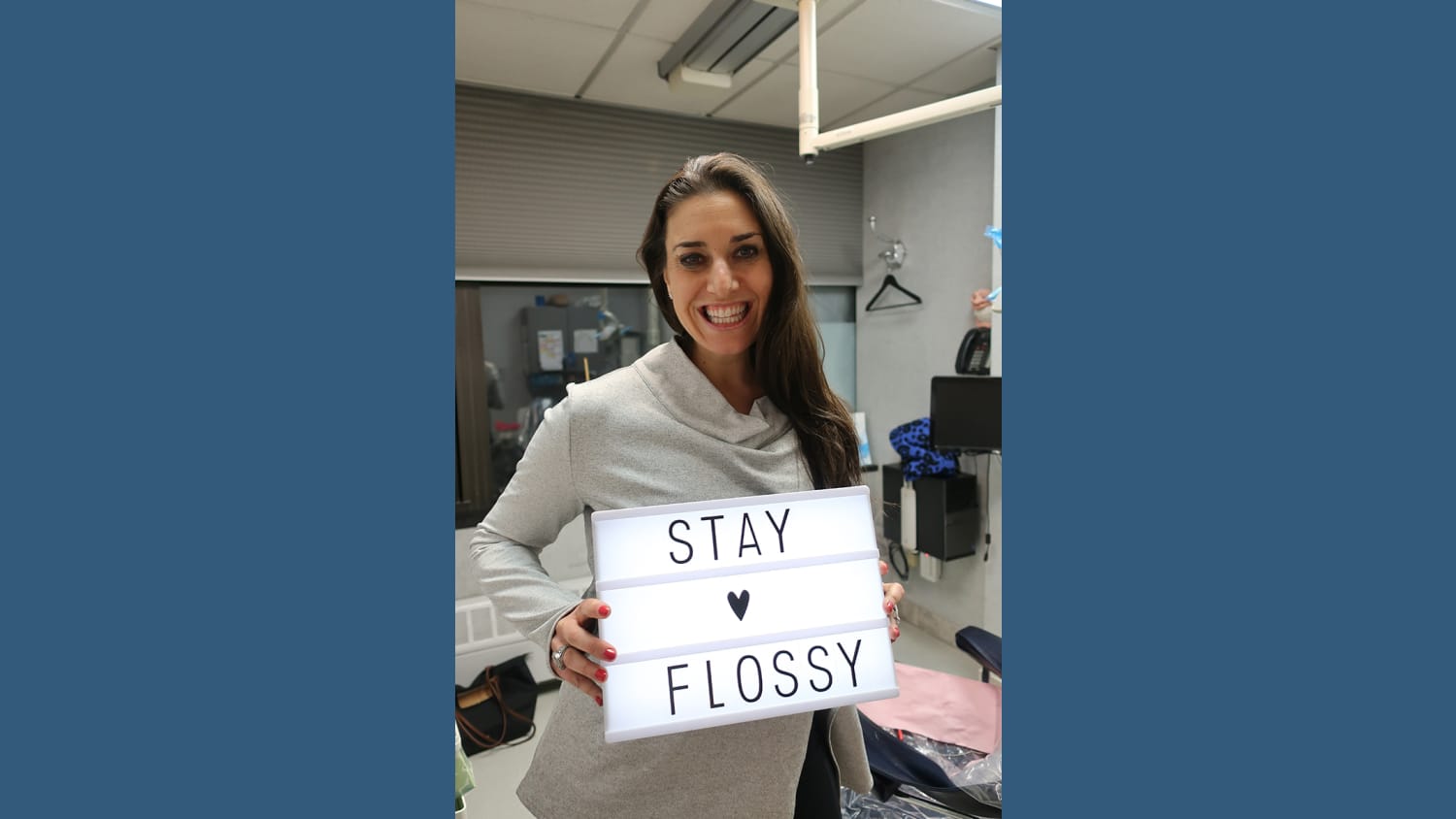

Orthodontic startups have been also recognizing a demand for straighter teeth without the massive overhead costs that come with visiting a specialist, and are delivering direct-to-consumer services in hip branding and packaging. One of the newest players in this space, Uniform Teeth, recently received $4 million in funding for its one-off orthodontist visit model, while its competitor, Candid, connects patients with orthodontists in their area while sending them less costly 3D-printed aligners.
When it comes to daily oral health care, connected brushes are getting much more advanced. Kolibree, a French smart toothbrush startup that debuted an AI-powered electric toothbrush and app, the Ara, at CES 2017—Colgate later used this technology for its E1 brush, sold exclusively through Apple—returned to CES this year to unveil Magik, a kid’s toothbrush that connects to an augmented reality game on a smartphone to encourage better brushing habits.
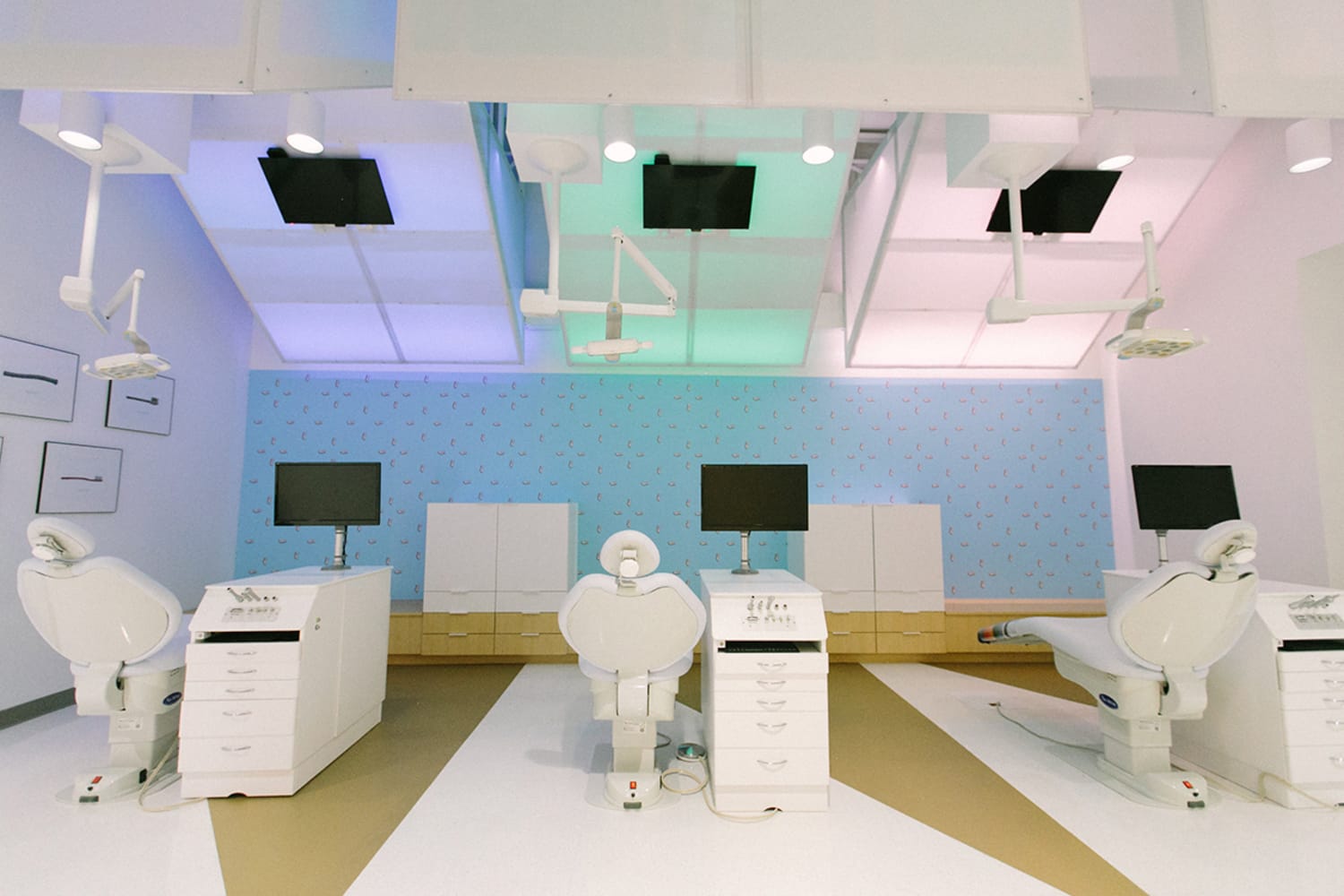
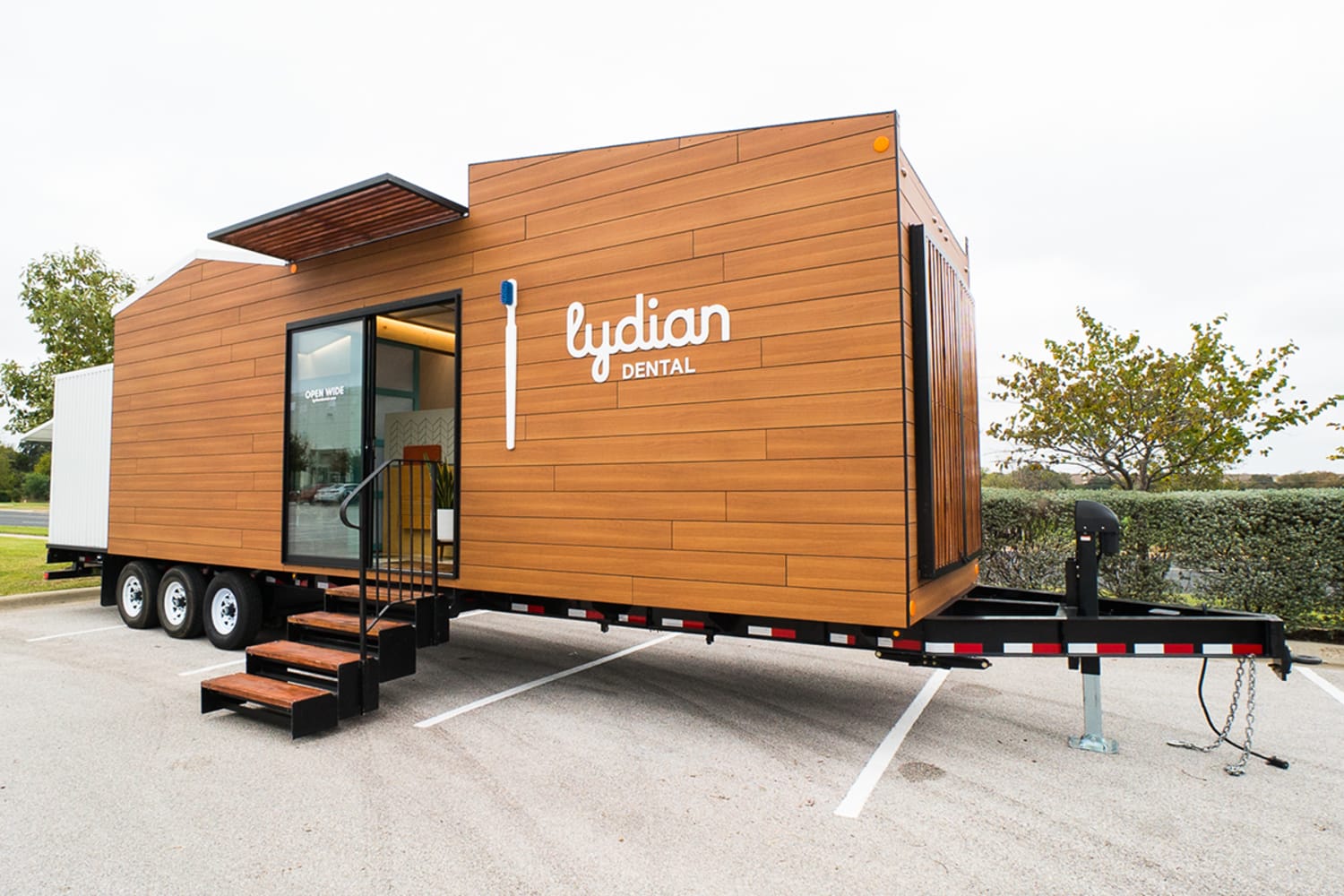
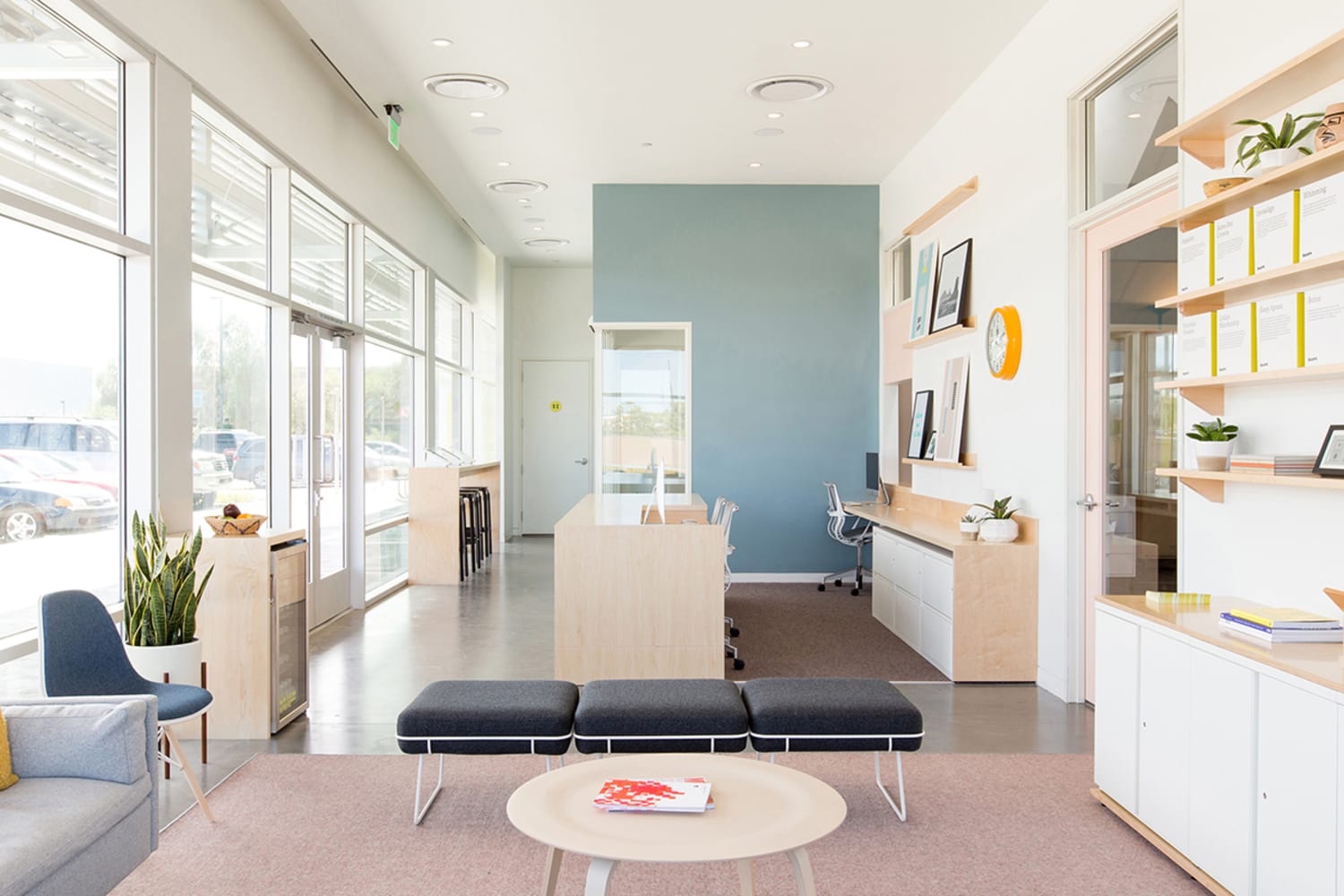
While children are being motivated by shooting bubbles at virtual plaque monsters, millennials are being courted by the latest episodes of Queer Eye. In May 2018 the Lydian Dental startup opened its fourth bricks-and-mortar location in Queen Creek, Arizona, after first launching a mobile operation last September with the help of the design firm Rapt Studio, which also works with clients such as Dropbox, HBO and Vans.
Lydian’s homey dentist office on wheels makes the rounds of major companies to provide employees with convenience and bonuses like treatment rooms equipped with Netflix. “When we started Lydian, we didn’t want going to the dentist to actually feel like going to a dentist. We wanted our offices to feel like an extension of your home. And our teams to feel like part of your family,” Lydian states. “It’s how we’re reinventing the dental experience.”
Please provide your contact information to continue.
Related Content

Australian Defence Force Campaign Amplifies the Hidden Talents of Submariners

